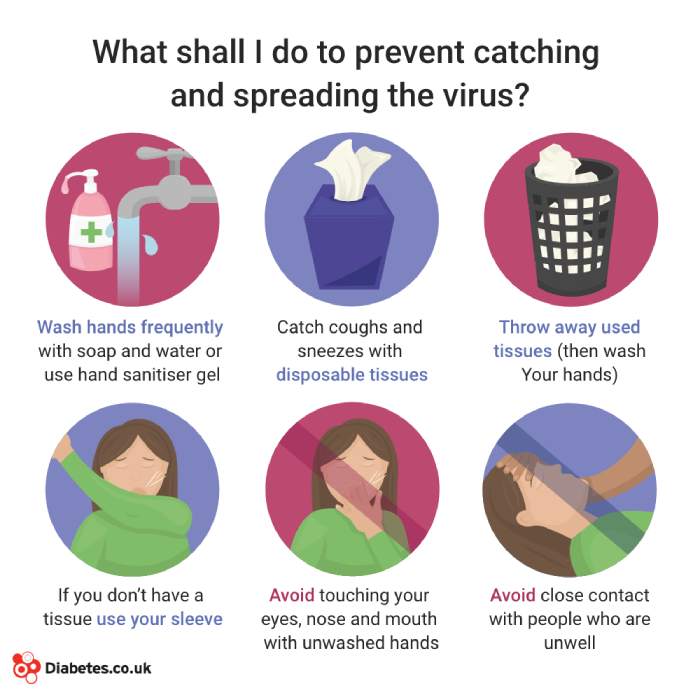Diabetes management in people with COVID-19 poses a “great clinical challenge”, researchers have said.
A review of newly published research relating to diabetes and COVID-19 has called for an “integrated team approach” in a bid to “reduce the risk of medical complications and death as much as possible”.
The document agrees with other study findings that have found that people with diabetes who become infected with COVID-19 have worse health outcomes “most probably because of the concurring effect of multiple factors” such as age, ethnicity and other health conditions.
- NHS urged to brace itself for second wave of COVID-19
- Psychosis and strokes linked to severe bouts of COVID-19
- More evidence suggest metformin could help treat COVID-19
The researchers laid out a series of recommendations which they believe might help treat COVID-19 among those with diabetes.
They suggest achieving “adequate glycaemic control” and warn that treatment with chloroquine or hydroxychloroquine can cause hypoglycaemia. This is particularly more common among those on insulin or sulfonylureas.
The authors wrote that glucocorticoids have been used on people with COVID-19 who are experiencing severe acute respiratory distress syndrome, but they can “worsen insulin resistance, sustain gluconeogenesis, worsen glycaemic control, and cause marked hyperglycaemia”.
The researchers concluded: “People with diabetes with COVID-19 are at a greater risk of worse prognosis and mortality. Given the high worldwide prevalence of diabetes, these individuals represent a large vulnerable segment of the COVID-19 population.
“The poorer prognosis of people with diabetes is the likely consequence of the syndromic nature of the disease – hyperglycaemia, older age, comorbidities, and in particular hypertension, obesity, and cardiovascular disease all contribute to increase the risk in these individuals.
- Survey launched to understand public opinion on data use to monitor COVID-19
- Low Carb Program ranked #1 for Type 2 Diabetes Prevention in Best Health Apps List
“The picture, however, is more complicated as it requires factoring in societal factors such as deprivation and ethnicity as well as factors that become relevant at the time that a patient with severe COVID-19 needs to be managed. Here, a physician has to account for not only the health status of the person with diabetes but also to balance carefully glucose-lowering treatments with specific treatments for the viral infection.”
The research review was supported by the University of Pisa and was published in The Lancet.





